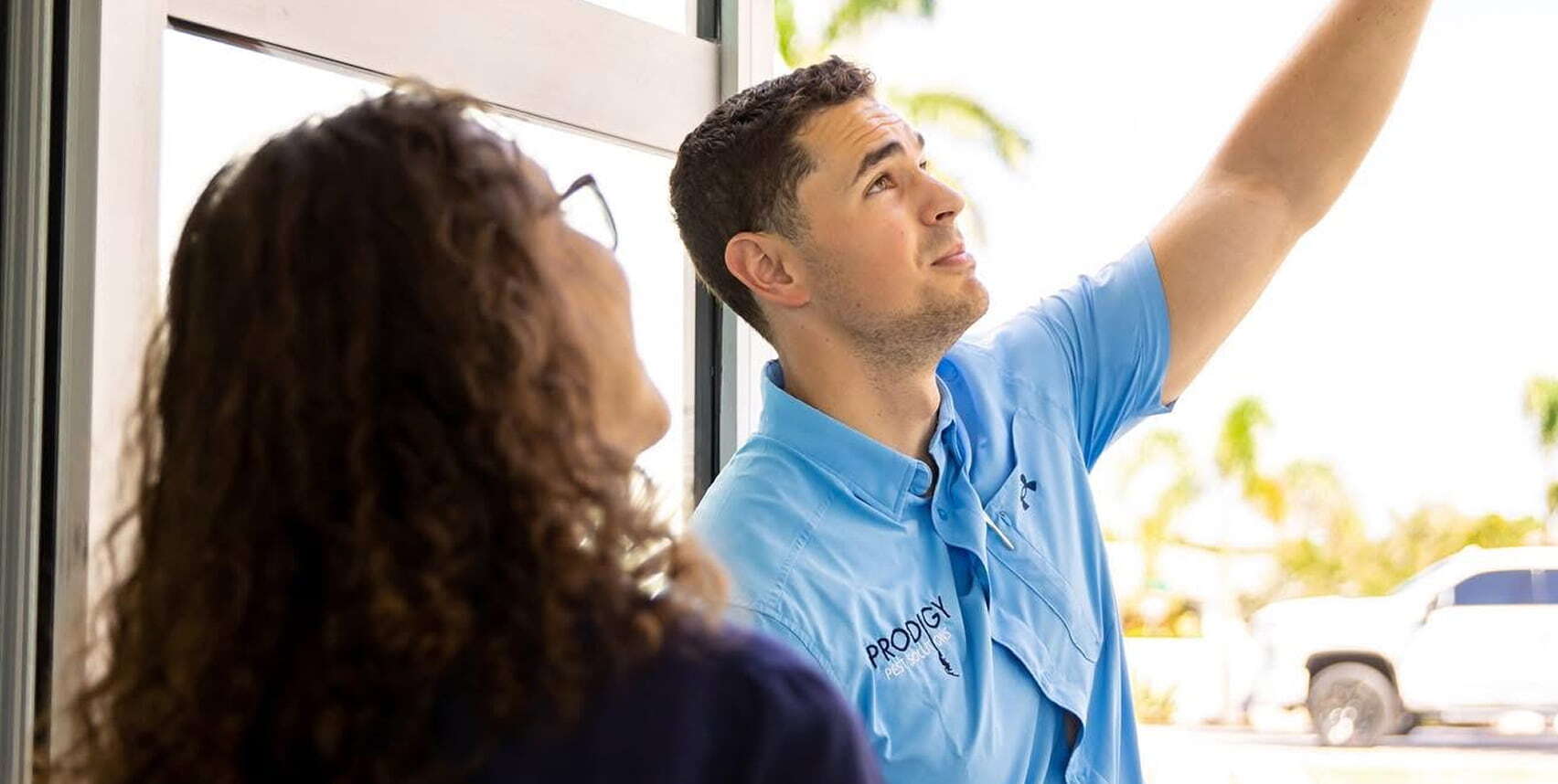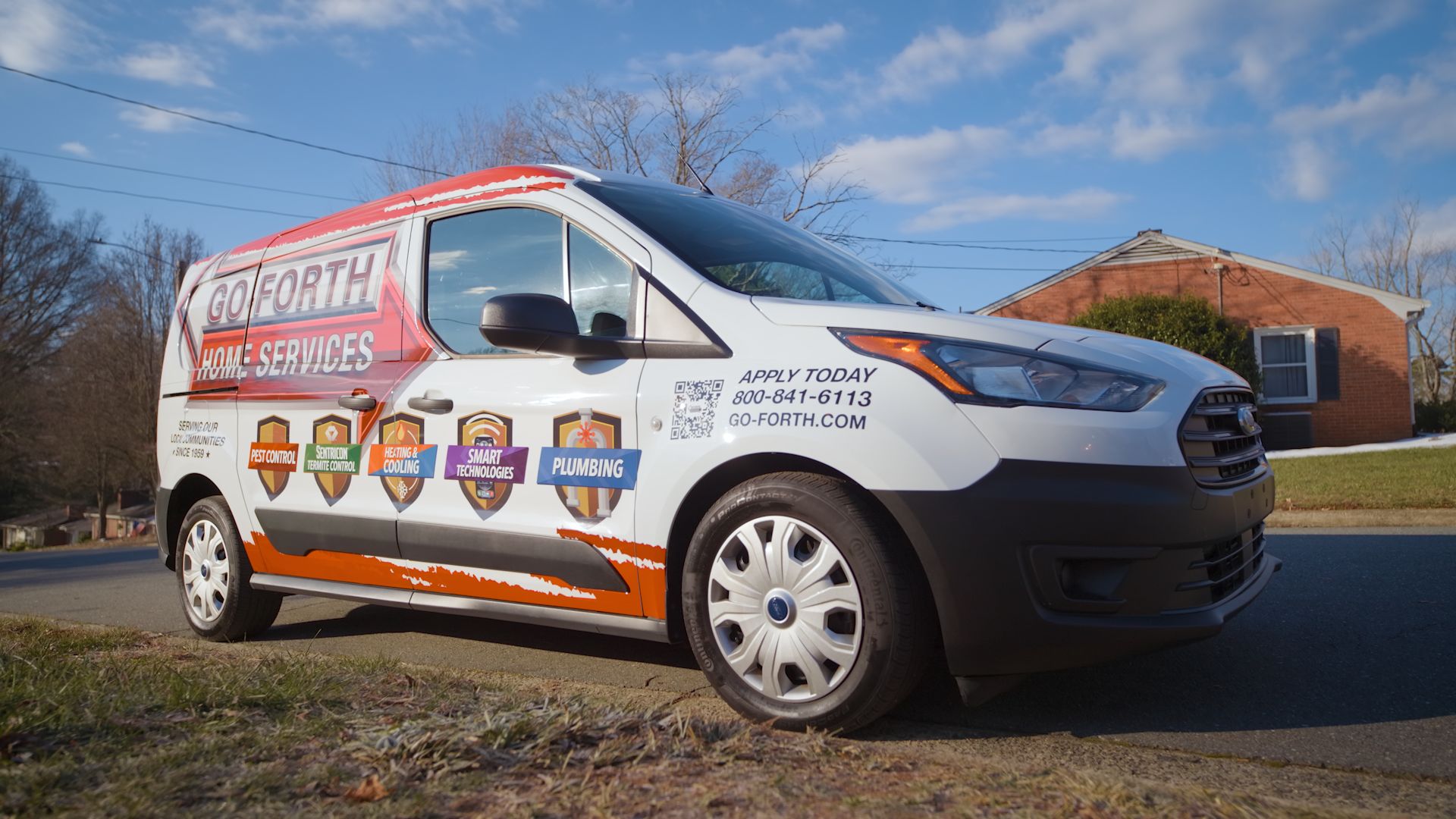How To Improve Your Pest Control Website SEO

Local pest control companies are always competing for better positions in the online search results — and for good reason. Higher rankings typically translate into more website visitors, which of course improves your chances of gaining new customers.
Unsurprisingly, a PCT Online survey found that 88% of customers looking for pest control services use search engines over other channels to find providers. To show up for those searches, you need a fully optimized website – and search engine optimization (SEO) is essential for capturing that online traffic from your potential customers.
As Google and other major search engines continue updating their algorithms, SEO seems to always be in a state of flux. What worked in the past may not provide the best results going forward. With that said, some strategies have maintained their importance over the years, and covering these bases holds the key to ranking high for your most popular industry keywords.
A secure, accessible, and responsive website
A website with a fast loading time (including mobile page speed)
A domain that has decent age and authority
Optimized on-page content (also known as on-page SEO)
Links from authoritative websites (off-page SEO)
SEO takes a lot of time and constant attention to execute properly. Here are some quick tips you can use to begin optimizing your pest control website:
Optimize Your On-Page Content
On-page SEO requires using targeted keywords on all your pages and using those keywords to optimize the meta titles and descriptions that are visible in the search engine results pages (SERPs).
When used together, all of these measures can help your pages stand out in search rankings and make it easy for the search engine bots to interpret the page. They also give prospects and customers relevant previews of the page they are clicking. Incorporating keywords in the title, URL, and meta description are all simple ways to rank for specific phrases in the search results.
Discover Keywords And Create Content Around Them
Finding the targeted keywords that your customers use when searching online for pest control services essential. While many users search for “pest control company,” there are so many other keywords you can use to your advantage.
For instance, you can use “pest control company + your location” as one variation in your content, as well as other competitive regions where you serve. Targeting users in this manner can help you gain visibility with your local audience. You can also try using specific services, like “mosquito control,” “wasp exterminator,” “termite treatment cost” or some other variation.
Optimize Your Website Structure
Believe it or not, the search algorithm Google uses to crawl through your website can get confused pretty easily. In many cases, this is due to an inconsistent website structure.
Just like users, search engines love seeing clean on-site navigation with essential information such as a Home, About, Privacy Policy, and Contact pages. These pages should also have a clean URL structure (ex. “https://yourdomain.com/about-us” for your About Us page).
Don’t Forget To Optimize Your Images
Each image on your website should have descriptive text added to its metadata, accompanied by an ALT tag. The ALT tag is something that search engines crawl through to serve content in the Images part of the search engine results pages.
So, make sure that you optimize your images, in addition to your pages. Go to your Gallery and start renaming your images based on what they represent. In the “ALT tag” part, make sure to use a keyword so that your images show up in the popular search queries.
Publish Content Regularly
Fresh content is critical for SEO. Publishing it regularly can help you position yourself as a leader in the pest control industry. This also has the added benefit of helping you build a returning audience and generating more traffic to your website.
Make sure to include keywords in your content, too. It is especially important if you want to rank for some high-volume search queries. The more people that come to your website to read your content, the greater your website’s authority will be on search engines.
Remove Anything That Slows Down Your Website
One, surprising element that factors into your rankings is page speed. This means any competitor with a faster-loading website could outrank you. Indeed, if competing sites core higher on their Core Web Vitals, it could be game over for your rankings.
Some of the best ways to speed up your website include:
Reducing the size of the images and video on your pages
Minimizing HTTP requests
Minifying and combining files
Deferring the JavaScript loading times
Reducing server response times
Choosing a solid hosting provider
Focus on link building
Last but not least, is link building, which falls under the off-page SEO category. There are two types of links: internal and external. Internal links point from one page of your website to another, while external links — also known as backlinks — come from other web pages. Since they come from external websites, these links establish credibility and can give your website better authority. Both are essential to improving your SEO.
The best way to focus on link building is by building relationships with other websites. Get started by doing a link exchange with some of your partners, giving and receiving testimonials, and writing good guest posts.
Final Thoughts
As you can see, SEO is just like a puzzle. It includes many different elements that can help you rank higher and be present in the search engine results pages. We hope this guide serves as your roadmap to improving the SEO of your pest control website.
If you ever feel like you need a hand in this department, give FieldRoutes a call. Our Marketing Suite includes personalized SEO services as well as paid search assistance to help get your rankings on track.





